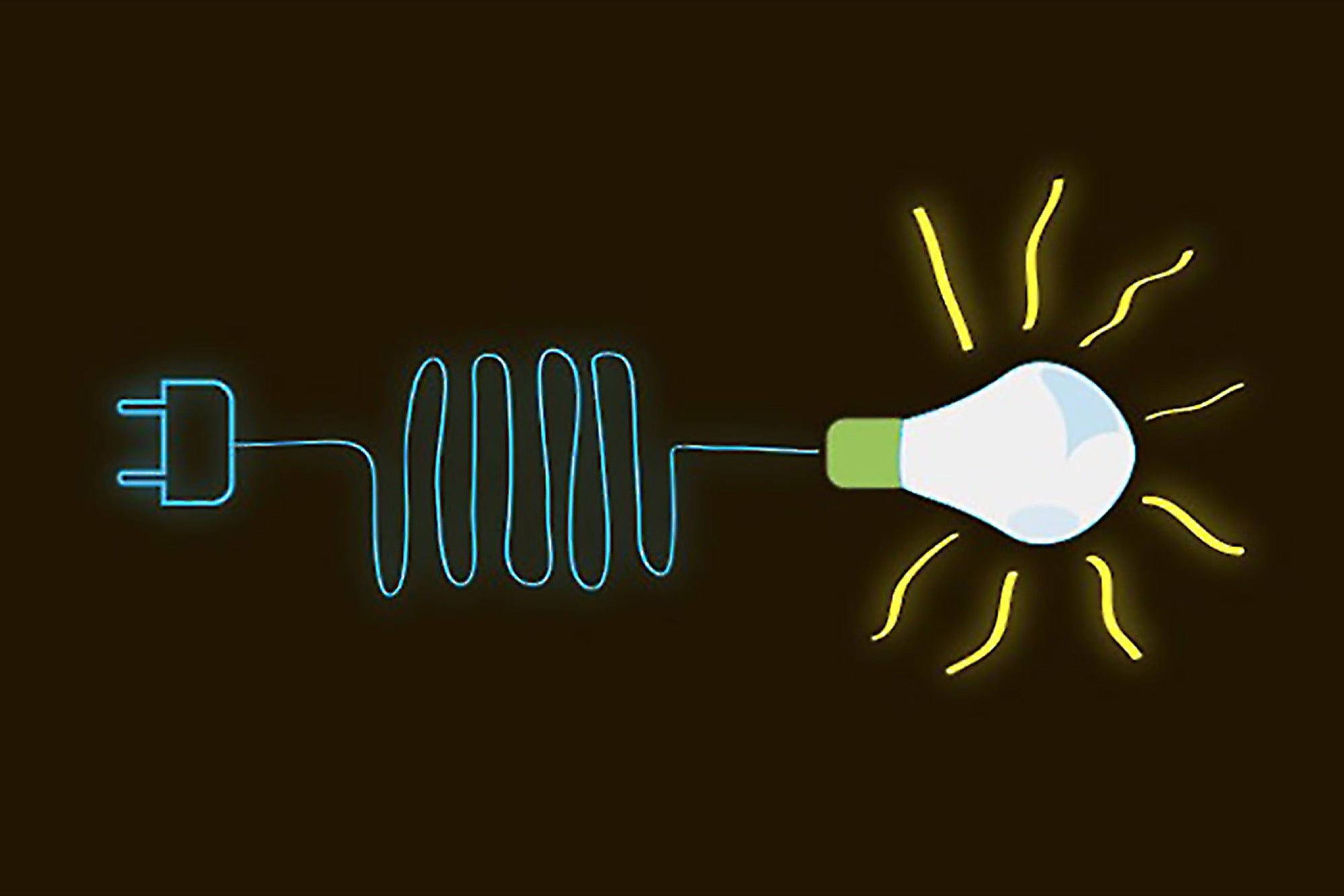The 4 Biggest Mistakes Inventors Make Product development is a business. You can't afford rookie errors.
By Stephen Key Edited by Dan Bova
Opinions expressed by BIZ Experiences contributors are their own.

Bringing a product to market isn't for the faint of heart. Persistence, flexibility, and self-education are critical. I feel incredibly fortunate to have been mentoring inventors for more than 15 years now. At every turn, their ingenuity impresses me. I love being surrounded by creative people. On the other hand, it can be incredibly frustrating at times. So many inventors seem to have their heads stuck in the sand. They focus only on what they think they're good at, and enjoy. But product development is a business.
These are the three biggest mistakes I experience inventors making.
1. Not listening.
In particular, not listening to anyone who expresses a dissenting point of view. These inventors are only interested in those perspectives that align with theirs. When they hear something they don't like, they shut down. Yes, you must believe in yourself -- but not blindly. Not listening to others, especially when you don't like what they have to say, is extremely shortsighted. What you should do instead is soak up as much insight as you can, and then determine your own course of action. The most successful inventors listen deeply. You don't have to follow all of the advice you get, of course. But to not even process it? You're doing yourself a disservice. Be open-minded. Stay curious. I've noticed this is most often true of older inventors.
Related: Inventing Can Be Fun, and Profitable. Here's How to Get Started
2. Believing a prototype and patent are enough.
The old prototype-and-patent method of product development is just that: Old. And in fact, it's never really worked. I meet inventors who have spent years perfecting their prototype. They polish it, polish it some more, and then polish it again. That's insane. Then, when it's "perfect,' they spend thousands of dollars filing a patent. Upwards of 97 percent of all patents never make any money. Waiting for your patent to issue before trying to profit from your creativity doesn't make sense. You need to actively and aggressively seek out buyers, not wait for them to come to you. They won't.
3. Thinking they can do this without any money.
I'm a big proponent of the licensing model of product development because it's less risky and less capital-intensive than venturing. Still, some financial reserves are needed. If you're desperate, if you're strapped for cash, you're more likely to make a hasty decision. You need income coming in to do this. People who reach out to me often say, "I don't have a job and I don't have any money, but I have this one idea…." That one idea won't save you. And even if it is a great idea, it won't become profitable for a while. So get a job first. Save a little.
Related: Winning at Inventing Is a Numbers Game
4. Focusing on just one idea.
I used to think that if I came up with an idea that was big enough, that would be enough. Buyers would pound down my door. I'd be able to kick back and enjoy my earnings. No idea is that big. The most successful inventors I know haven't had just one idea. They've had many ideas. And they've experienced a lot of failure along the way. If you want to become a professional, you can't put all of your eggs in one basket. You can make a lot of money, but not overnight.
Related: Inventing Made Easy: Go Straight to the (Crowd)Source
Between the advent of crowd-funding, new product launch platforms like The Grommet and ecommerce websites like Etsy -- not to mention rapid prototyping and social media -- it's an incredibly exciting time to be an inventor. Seize the day.












